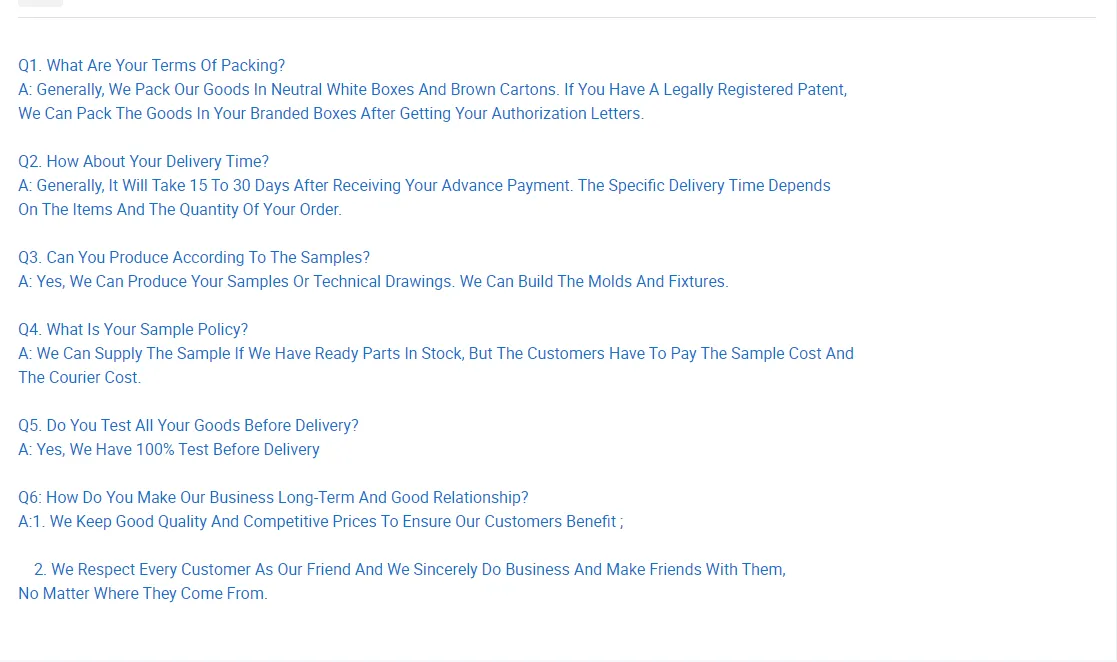Understanding Mesh Fence Prices A Comprehensive Guide
When it comes to securing a property, whether residential or commercial, one of the most popular options available is mesh fencing. Known for its strength and versatility, mesh fencing has become a favored choice among homeowners, businesses, and agricultural facilities. In this article, we will explore the factors that influence mesh fence prices, helping consumers make informed decisions.
What is Mesh Fencing?
Mesh fencing is crafted from interconnected wires or rods that are woven together to create a sturdy barrier. These fences come in various materials, including galvanized steel, stainless steel, and PVC-coated wire. The design of mesh fencing not only provides excellent visibility and airflow but also deters intruders effectively, making it suitable for a plethora of applications such as gardens, construction sites, sports fields, and livestock enclosures.
Factors Influencing Mesh Fence Prices
1. Material Type The type of material used significantly affects the overall price of mesh fencing. Galvanized steel is typically more affordable and provides decent corrosion resistance. However, stainless steel, while more expensive, offers superior strength and longevity. PVC-coated mesh adds an aesthetic appeal and further protects the wire, but this too comes with a higher cost.
2. Height and Gauge The height of the fence plays a crucial role in determining the price. Taller fences require more material, which increases cost. Similarly, the gauge or thickness of the wire affects durability and security. A thicker gauge wire is more expensive but can withstand harsher conditions and potential physical impacts.
mesh fence price

3. Installation Costs While purchasing the mesh fencing is one aspect of the total expenditure, installation costs can add significantly to the overall price. DIY installation can save money, but hiring professionals ensures that the fence is installed correctly, adhering to local regulations and standards. Labor costs vary based on location and the complexity of the installation process.
4. Accessories and Components Prices can also vary depending on the additional components needed for installation, such as posts, gates, and fittings. High-quality accessories designed to complement the mesh can enhance durability and performance. When budgeting for a mesh fence, it's essential to consider these supplementary costs for a complete overview of your financial commitment.
5. Customization Options Many manufacturers offer custom-made mesh fencing solutions to accommodate specific needs. Customization may involve changes in size, color, coating, or additional features for security, such as barbed wire or electric fencing. Tailoring a fence to meet unique specifications can substantially increase the price.
Average Mesh Fence Pricing
As of 2023, the average cost of mesh fencing can range from $10 to $30 per linear foot, depending on the factors mentioned earlier. For instance, a simple galvanized mesh fence may cost around $10-$15 per foot, while a PVC-coated option could reach prices of $20-$30 per linear foot. It's essential to gather quotes from multiple suppliers or contractors to find the best prices in your area.
Conclusion
Investing in a mesh fence is not just a matter of choosing a barrier; it's about understanding your specific needs and budgeting accordingly. By considering material, height, installation costs, and customization options, consumers can gauge the price and determine the best mesh fencing solutions for their properties. It is advisable to conduct thorough research, request quotes, and consult professionals to make the most informed decision possible. In doing so, you can secure your space effectively, all while staying within your budget.
-
The Strength and Versatility of Aluminum Expanded Metal Mesh
NewsJun.10,2025
-
Safety Guards and Machine Enclosures Using Expanded Mesh
NewsJun.10,2025
-
Performance with Round Hole Perforated Mesh in Wall Panels
NewsJun.10,2025
-
How Steel Grating Trench Covers Distribute Weight Efficiently
NewsJun.10,2025
-
How Deck Mesh Railing Enhances Backyard Aesthetics
NewsJun.10,2025
-
Comparing Bar Thickness and Spacing in Steel Grating
NewsJun.10,2025
Subscribe now!
Stay up to date with the latest on Fry Steeland industry news.

